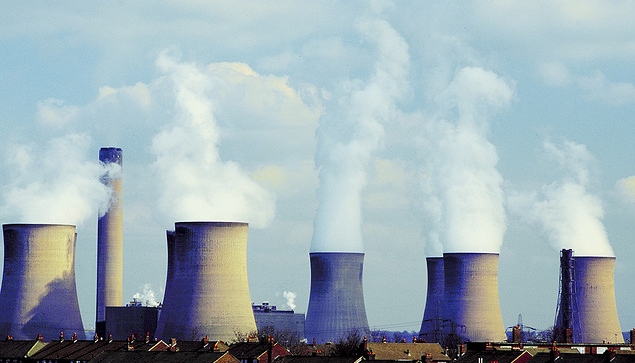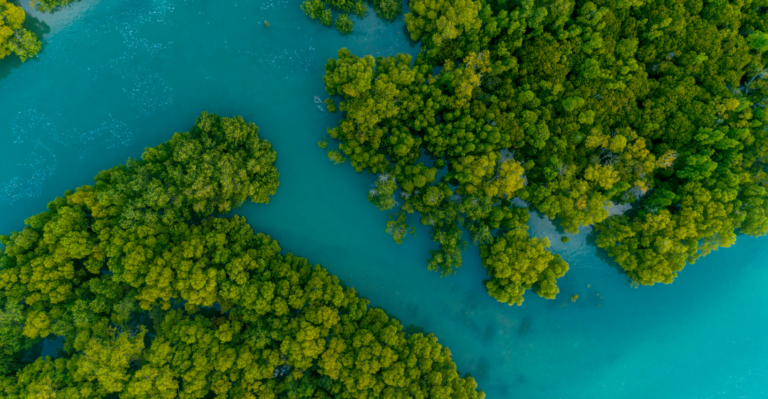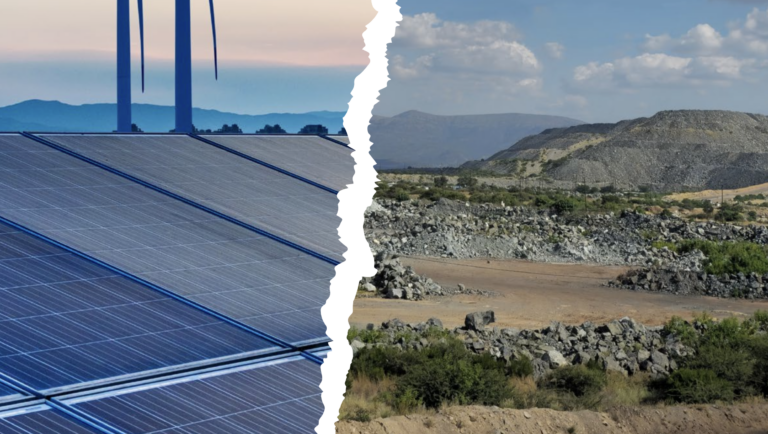
A base for sustainable energy systems
The production of electricity has direct and indirect consequences for the environment, society and the economy, nationally and internationally. On the basis of a total analysis of the energy supply chain, SOMO works with its partners towards promoting sustainable energy systems. The energy programme of SOMO is geared towards keeping subjects such as corporate accountability, sustainable development and economic rights in the energy sector, on the political and economic agenda. Two recent reports on the coal chain, ‘The Black Box’ and ‘Duurzaamheid in de Nederlandse elektriciteitssector’ (Sustainability in the Dutch Energy Sector), are contributing to this ongoing process.
A few examples of the impact wielded by the energy chain:
• Carbon dioxide emissions from Dutch power plants contribute to global warming that threatens the livelihood of small island communities in the Pacific.
• The use of nuclear energy in the Netherlands affects the people living nearby storage facilities of nuclear material in France.
In Colombian mines, which are a source of coal for Dutch energy companies, human rights are being abused. The report The Black Box, published in late January of 2012 by SOMO in collaboration with Greenpeace, shows that these Dutch companies are refusing to provide transparency regarding the origins of the coal they are procuring, despite earlier promises. The hazards of using Colombian ‘blood coal’ in Dutch power plants so continues to exist.
‘If companies would be open about the origins of the coal they are using, human rights abuses and environmental pollution in the coal chain could be prevented,’ states SOMO researcher Joseph Wilde-Ramsing. ‘By refusing to make this information public, the companies are not complying with recommendations in international standards for chain transparency, such as those made by the OECD Guidelines for Multinational Enterprises.’
The investments currently being made in new coal-fired power plants are a clear sign, however, that Dutch electricity companies like to present themselves as far more green than they actually are. This is made apparent in the report published in late February Duurzaamheid in de Nederlandse elektriciteitssector (Sustainability in the Dutch energy sector). This research has been carried out on a yearly basis by SOMO, commissioned previously by Greenpeace and as of this year also by the Dutch Consumers Organisation (Consumentenbond). At the time of the research only 10% of all energy produced in the Netherlands was green.
Joseph Wilde-Ramsing: ‘What you don’t get to see as a consumer, is which investments are being made. These investments tell us something about how sustainable these companies are going to be in the future. Energy giants such as RWE/Essent, E.ON and Vattenfall/Nuon are mainly planning to increase their capacity in fossil fuels in the Netherlands and Germany, and in nuclear energy.’ Windunie, Greenchoice, NHEC, Eneco and Dong make a more positive impression.
In late March, RWE/Essent applied for another environmental permit from the province of Groningen for the construction of the largest coal-fired power plant of the Netherlands in the Eemshaven area. An earlier permit was annulled by the Council of State in August 2011.
Joseph Wilde-Ramsing: ‘If the construction of new coal-fired power plants continues, the coal capacity of Netherlands will more than double, greatly increasing the urgency of establishing transparency in coal supply chains. If they want to have a sustainable reputation, they will have to turn over a new leaf and, with the support of the green government policies, focus more on sustainable generation of energy.’
Read more about Sustainability in the Dutch Energy Sector (in Dutch) (opens in new window) and The Black Box(opens in new window) .
Related news
-
 The Counter: strengthening the fight for climate justice around the worldPosted in category:Long read
The Counter: strengthening the fight for climate justice around the worldPosted in category:Long read Luis ScungioPublished on:
Luis ScungioPublished on: -

-
The hidden harm of green hydrogen Published on:
 Ilona HartliefPosted in category:Publication
Ilona HartliefPosted in category:Publication Ilona Hartlief
Ilona Hartlief


